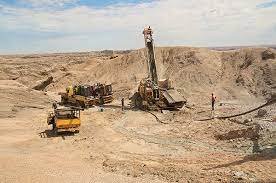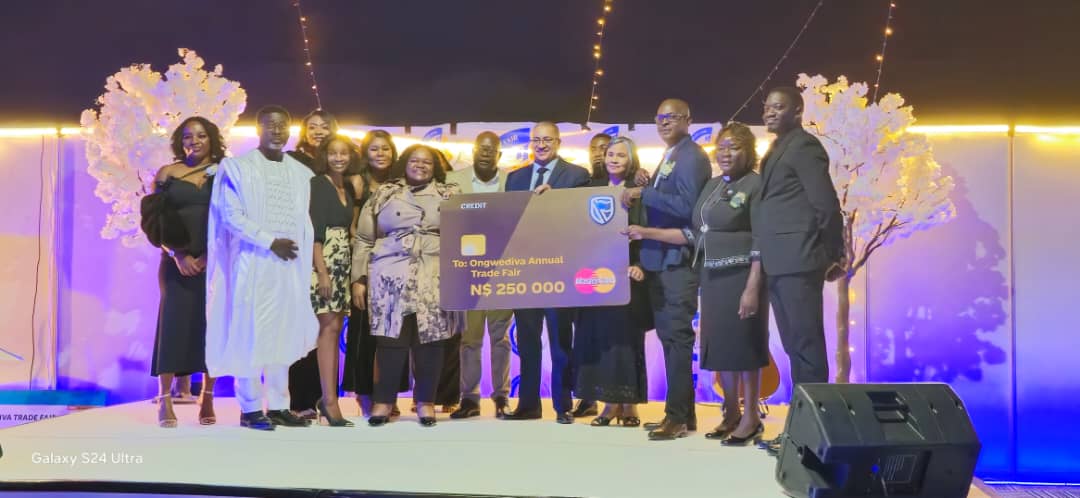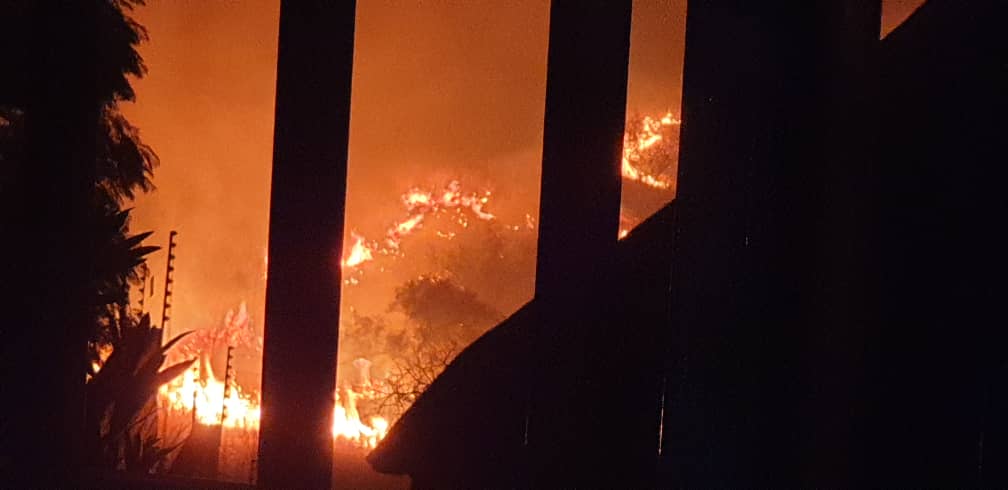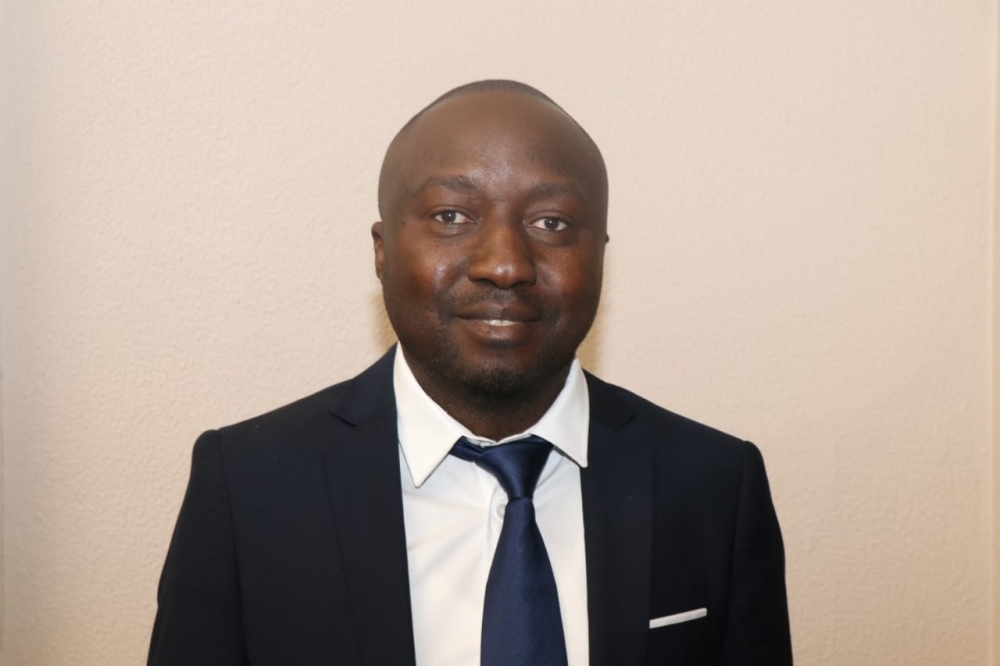A senior official in the Ministry of Environment, Foresty and Tourism says a balance needs to found between small-scale mining and the sustainable use of natural resources in conservancies and protected areas.
Martin Herman, the ministry’s chief warden, says small-scale mining activities in conservancies and protected areas have a negative impact on the environment and natural resources.
Herman said this at a one-day workshop on environmental governance compliance in small-scale mining at Karibib last week.
He said small-scale mining in conservancies and protected areas has led to some wild animals disappearing from their core areas.
Conservancies benefit economically from wildlife and natural resources, he said.
“Some conservancies have joint venture agreements with some tourism accommodation companies, who have set up lodges or campsites in these conservancies, which pay a certain fee to conservancies,” he said.
Herman said conservancy members also benefit from trophy hunting and the selling of crafts.
He said the money generated by conservancies in these activities are used towards children’s education, water and electricity provision and skills transfer.
Herman said there is a need for the environment ministry and the Ministry of Mines and Energy to strike a balance between small-scale mining in rural areas and the sustainable use of natural resources.
“There is a need to improve coordination on mining rights in sensitive areas.
Kavena Tjiworo from the Heritage Council of Namibia said mining is also a threat to heritage resources in Namibia.
“When you dig in there, you do not know what you are destroying.
You need to contact the Heritage Council of Namibia to conduct a heritage impact assessment,” she said.
Tjiworo said before mining activities are conducted, one needs to get consent from the National Heritage Council of Namibia.
She said the process takes 90 days to be finalised, and since 2020, over 70% of applications were attended to, and the consent is valid for a year.
“But we are looking at it to see if we can make it valid for three years,” she said.
Gabriel Iindombo from the Ministry of Agriculture, Water and Land Reform discussed the rights of traditional authorities in small-scale mining areas.
He said according to the Traditional Authorities Act, mining cannot take place in a rural area without the permission of the relevant traditional authority.
Iindombo said when mining activities take place, there should be no soil erosion or land degradation.
He said some of the challenges facing the ministry in land allocation in rural areas are disputes over a lack of transparency of traditional authorities and a lack of record keeping.
The workshop was organised by the Ministry of Mines and Energy and funded by the United Nations Development Programme in Namibia.
Stay informed with The Namibian – your source for credible journalism. Get in-depth reporting and opinions for
only N$85 a month. Invest in journalism, invest in democracy –
Subscribe Now!






